Quick Links
Elin‘s sandbox gameplay puts very few limitations on the player but there is one consistent factor whether you’re a traveling potion salesperson or a demon-slaying adventurer: you still need to pay taxes. Much like in real life, failing to pay taxes will lead to shopkeepers refusing to sell to you and town guards killing you on sight.
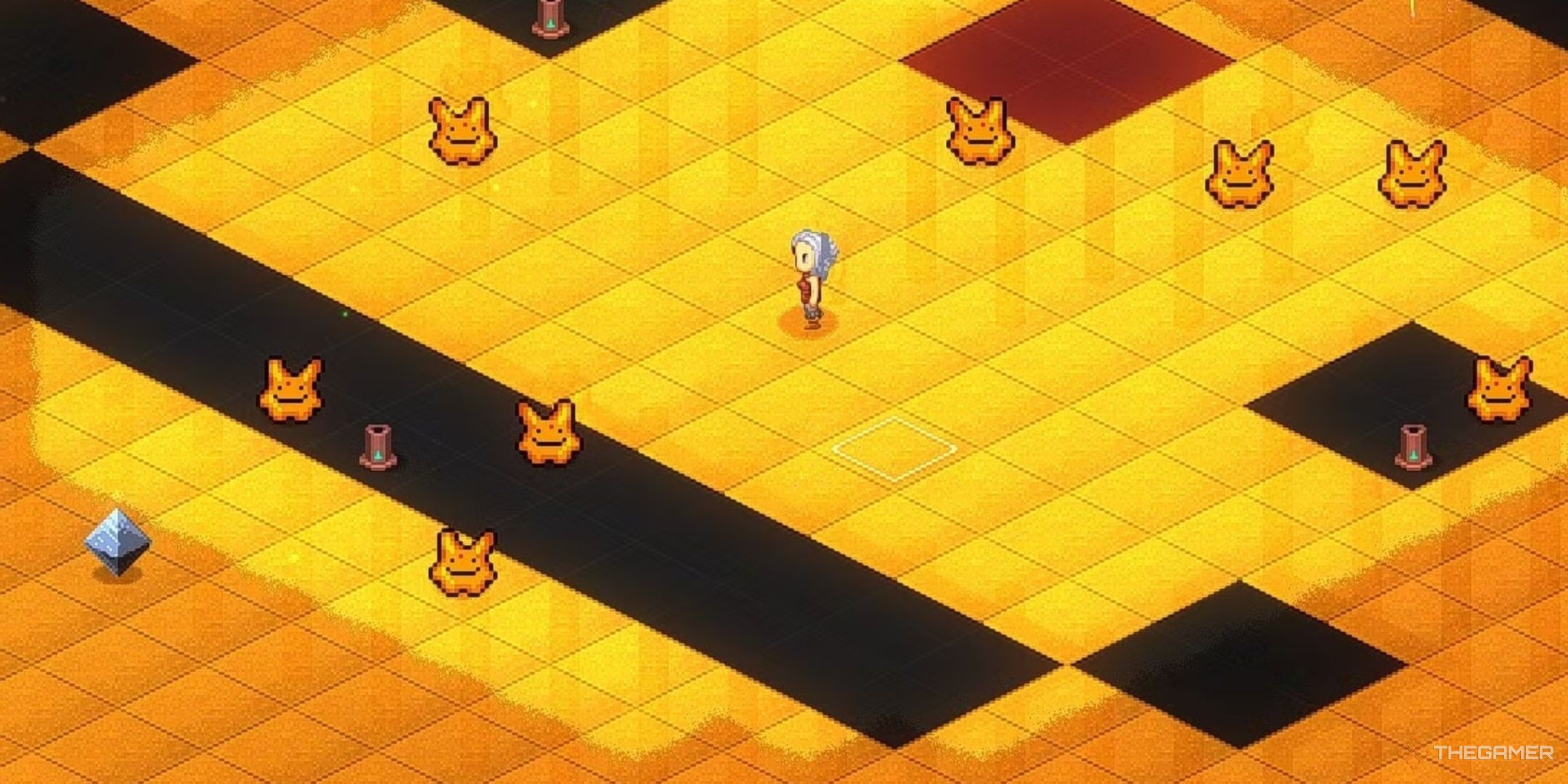
Related
If you’re starting Elin, you shouldn’t miss these tips on HUD options, equipment, inventory management, how to interact with NPCs, and more.
With this in mind, all characters will want ways to convert their playstyle into income, especially with a method to make money passively. Different techniques will work better depending on your starting class and playstyle, but all of these techniques will keep the taxman at bay.
Elin is currently in Early Access. As a result, the details below may change over the course of development.
Crafting
One of the simplest and most effective money makers in the early game is to dig dirt in your homestead and craft it into an infinite amount of grass or soil floor. The stamina cost for items is determined by the difference between your skill and the item level, so low level items can be mass produced.
As the game progresses you’ll unlock new recipes and crafting stations. There’s a minimum stamina requirement even if you dwarf the skill requirements of a recipe, so the low-level recipes won’t always be the most profitable. You’ll want to look for a few traits in a recipe that make it profitable:
- Easily sourced materials, like wood, stone or scrap metal.
- The product stacks in your inventory. This works for furniture and tiles but not for jewellery, weapons and armour.
- Can inherit properties from its material. Expensive lumbers make expensive furniture.
Some materials can be converted between each other using elaborate chains of crafting and decrafting. A good example is using scrap metal to make nails, hammer the nails into bones, and then craft the bones into bone meal.
Busking
Playing music in any crowded location will result with nearby people throwing coins to you. You can also get performance gigs at quest boards: These give you large time-limited venues where you can easily find a dozen people to perform to, and extra quest rewards if you hit a minimum performance quality.
The minimum requirement for this approach is a musical instrument. You can craft a lute at the tinkerer’s bench or can purchase an instrument in most towns for either coin or furniture tickets.
You’ll want to turn on the option to automatically resume your song when interrupted or your performance will end every time you miss a note.
The main drawback of this approach is the opening stat grind: If you’re bad at music, people will stone you to death. Practise at the orphanage where expectations aren’t high, then work your way up to the Fortune Bell casino in Palmia.
Adventuring
Dungeons contain enough enchanted loot to make a decent amount of money. Even cursed items sell for a good amount.
Early dungeons can give large amounts of mediocre loot that still sells for a good amount and weighs almost nothing. Bring containers in your inventory to expand your number of inventory slots. Pouches and purses work best as they don’t weigh much.
- You’ll want to join the fighter’s guild early on in Port Kapul. This will give you extra rewards for clearing dungeons and defeating elite enemies.
- Learning the appraisal skill from the tinker’s camp will improve the sell value of loot and save you from having to pay for identification. It gradually reveals info about items the longer you keep them in your inventory.
- Figurines and cards dropped by enemies can be saved to grow a tourism industry, or they can be sold as normal loot.
The main drawback of this approach is you’ll need to spend a lot of time either preparing for high-level dungeons or repeating low-level encounters. High level dungeons will require you to stock up on healing potions, fire-blankets, ice-blankets and potentially grind up some levels on your pets and party members.
Sculpting
Sculpting lets you convert basic resources such as stone and metal into more valuable statues. You can produce better sculptures as you level up, but will need to speak to a trainer in Olvina to learn the skill.
The biggest advantage of sculpting over other repeatable tasks is that sculpting will automatically pause the game before you die from overwork. This is because most sculptures weigh about 20 times the ingredients, and you’ll take crushing damage from overstuffing your backpack.
The only requirement is a good supply of stone. Walk into any dungeon with a pickaxe and mine out the top floor for as much as you can carry.
You can use higher level materials for an increase in value, but stone gives the best ratio of time spent to money earned.
Just because the game allows you to carve statues out of human corpses doesn’t mean you should. Flesh statues are, however, edible.
Fishing
Fishing is a poor money maker in the early game. Raw fish spoils very quickly, so you’ll struggle to sell it. The skill for it needs to be purchased unless you started as a tourist (who is unable to do just about anything else).
Once you’ve got some progression in the game fishing becomes a more viable way of gathering money. A fridge or cooler box lets you keep the produce for longer, and cooking stations let you upgrade the raw fish into more profitable dishes.
The game will tell you that fishing isn’t possible during winter, but it can be done. Purchase a build board from Loytel and use it to assign your fishing spot as snow free to unfreeze the water.
Fishing offers a few benefits over other work types in your base:
- It has a low stamina cost meaning it can be left idle for long periods of time without a risk of dying to overwork.
- At high levels it can give you rare items, netting lucky players the occasional massive windfall.
- Its a risk-free method for gaining rare currencies such as strange coins and small medals.
Be careful once your fishing skill reaches about 20. At this point you are able to catch sharks and whales, which are too heavy to carry. This will pause your fishing spree, and if you try to lift it, you’ll be crushed to death.
Homesteading
Villagers are a great income source if you’re lucky, but even with nothing but farmers and fishermen you’ll be able to make some money off them.
Treasure hunters are among of the best money-makers. Leave any treasure maps you find in a shared chest, and they’ll slowly be converted into treasure chests containing thousands of coin, rare items and sometimes artifacts, You need to get lucky with a villager or pet with the right job and hobby to make a good amount of money, but can buy whips from the talesinger that will let you reroll a villager’s job and hobby.
Some treasure chests will be locked. You can pay an information broker to open them or learn lockpicking from the trainer in the Derphy.
A few other villagers can produce goods you can convert into money. Lumberjacks will accumulate logs, and cooks will produce meals and seasonings. You ideally want goods that won’t spoil, favouring explorers and antique dealers.
Farming
The Delegated Farming policy at the home board will automatically harvest and replant grown crops on your homestead. If you configure your delivery chest to automatically accept fresh produce, this will provide continuous income even while away from your home.
If you don’t have any seeds, you can gather some using a sickle. Each biome has its own plants or you can steal some rare seeds from a settlement or moonstone portal.
A reliable early game crop is crim bushes. Using a millstone, you can grind the berries into powder that has decent market value and doesn’t go off in storage.
This method doesn’t require any special equipment or skills, but the more farmer residents you have, the greater amount of farmland you are able to sustain.
Growing crops in winter becomes more difficult but still possible depending on your choice of produce and the technology you’ve got access to:
- Without sun lamps, you are able to grow mushrooms in winter. Use a build board to assign the fields as snowless for better visibility, or place them under a roof.
- With sun lamps you’ll be able to grow all crops year round but will need power generation to sustain them.
You can also take on harvesting quests in towns. These will test your weightlifting skills more than your harvesting or farming abilities, so keep a low inventory when accepting them. On top of some Oren you’ll also get platinum coins and furniture tickets.
Tourism And Taxes
Applying the “open for business” policy will cause guests to start visiting your home. The income you earn from them will vary with the number of economy policies and your “tourism value”:
- Policies like traveler’s inn raise the value earned from tourism at a cost in government points.
- Rip-off store and its related policies change the types of tourists you get but allow you to sell items to your tourists at higher value.
- The primary source of tourism value is aesthetic items like figures, statues and cards. Duplicates of the same item have no impact so you’ll need to gather a good variety.
If you don’t have the right setup for tourism you can instead levy taxes on your residents using other housing board policies. The resident tax policy will give you a monthly income that varies with your homestead’s ranking and other policies you have in place. Paired with the tax evasion policy, your villagers can pay most of your taxes for you.
Guild Salaries
Each of the four guilds offers a monthly salary past the first rank of membership, along with passive benefits like guild discounts and special shops. Nothing prevents you from joining all of the guilds and collecting payments from each.
- The Fighters’ Guild is in Port Kapul. You gain ranks for defeating elite enemies (with a glowing aura around them).
- The Mages’ Guild is in Lumiest. You gain ranks by deciphering ancient tomes with your literacy skill.
- The Thieves’ Guild is in Derphy. You gain ranks by selling stolen goods to their fences.
The Merchants’ Guild is South of Mysilia and is one you may not want to utilize if your goal is money. You need to invest in shops to gain ranks, which generally spends more than you’re liable to gain.
How To Combine Multiple Methods
You can mix several of these methods together quite easily depending on how you’ve built your character:
- Any job that requires travel is able to carry a simple instrument and busk in the market square and tavern when passing through a city.
- Fishing specialists will have a surplus of ancient books. These can be deciphered to improve mage guild reputation for extra passive income.
- Killing elite enemies for the Fighter’s Guild also rewards you with tourism boosting cards and figurines.
- A cleared dungeon can be strip mined for crafting materials. Mechanariums are great for this as they produce scrap which can be turned into fishing bait.
You’ll want to avoid methods that compete for your time and skills. Fishing and sculpting are both time-intensive and use different skills. Even so, a certain amount of sculpting skill is required to craft the cooker, which can improve the value of your fish by converting it into higher quality foods.
4:28
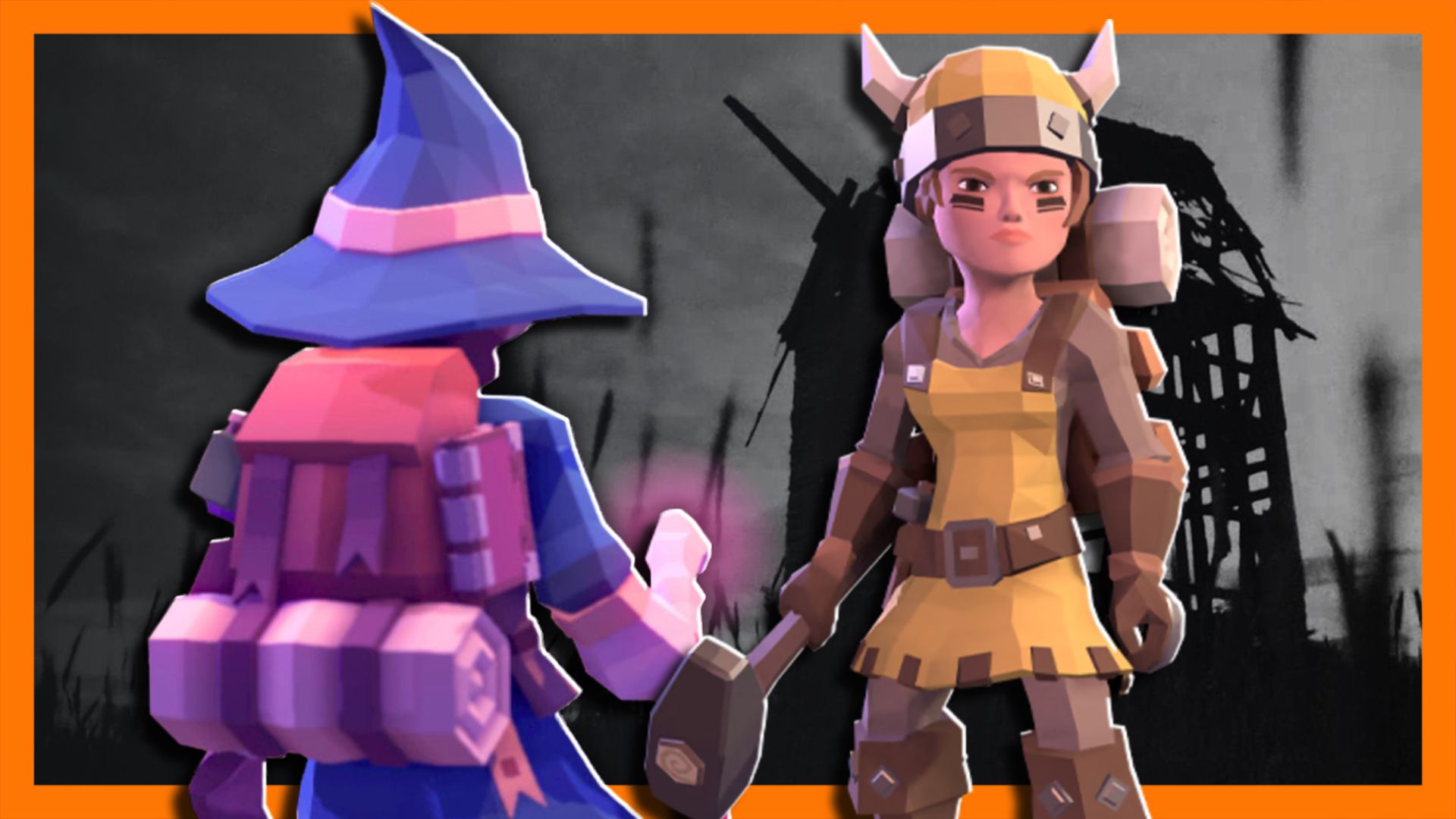
Next
These open-world roguelikes are engaging and offer beautiful environments.
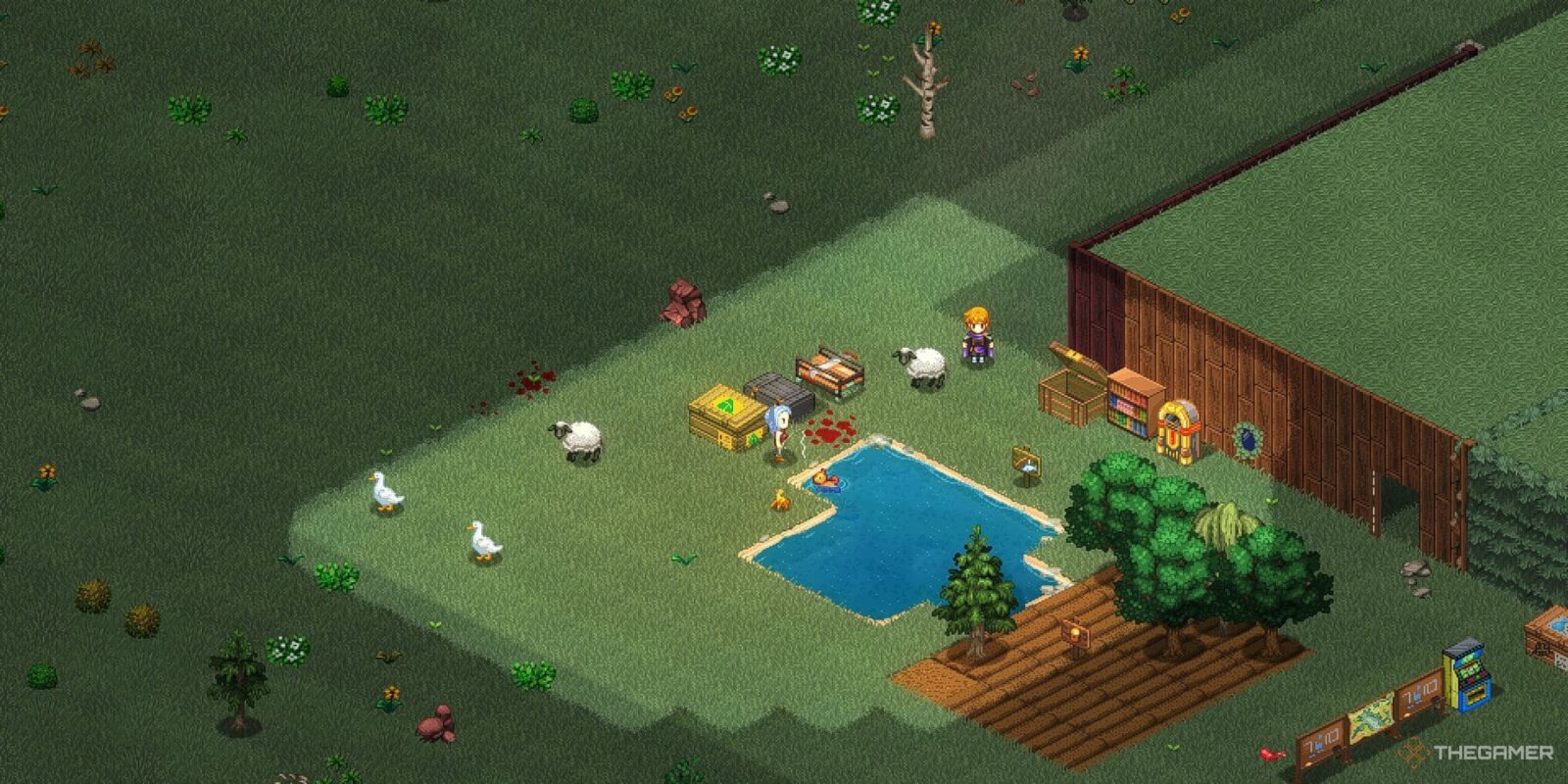
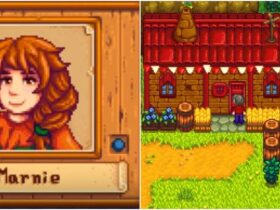
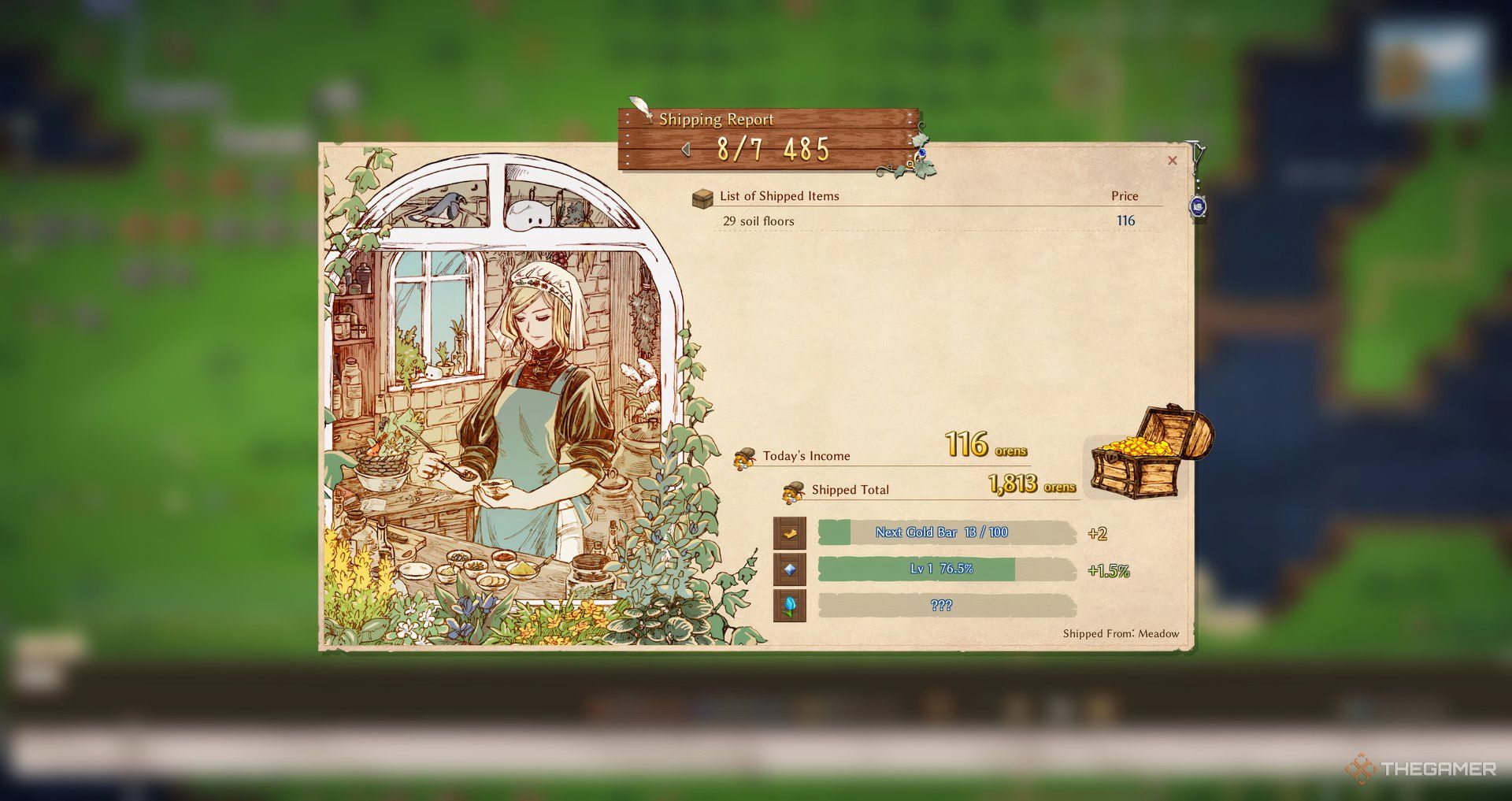
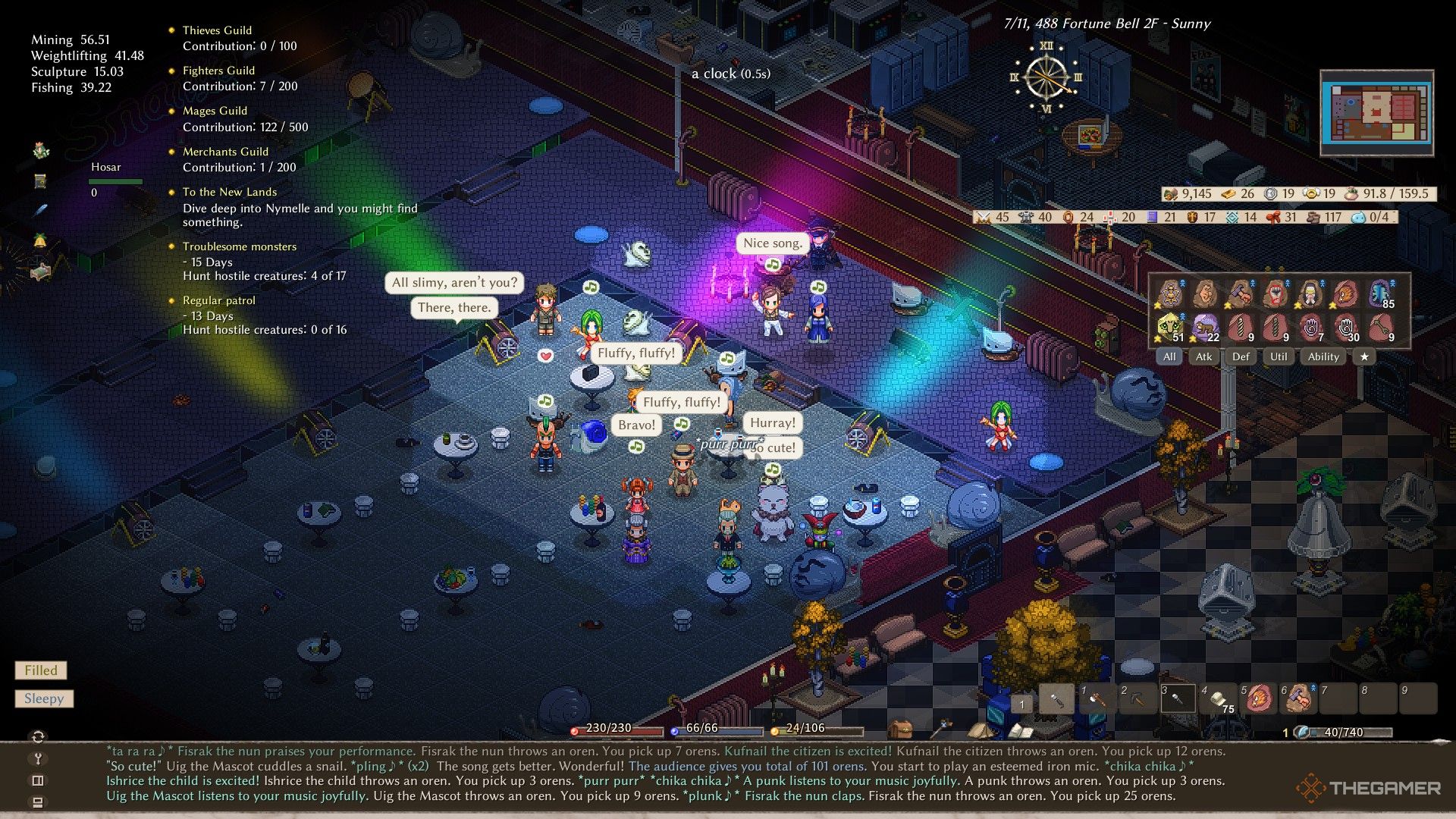
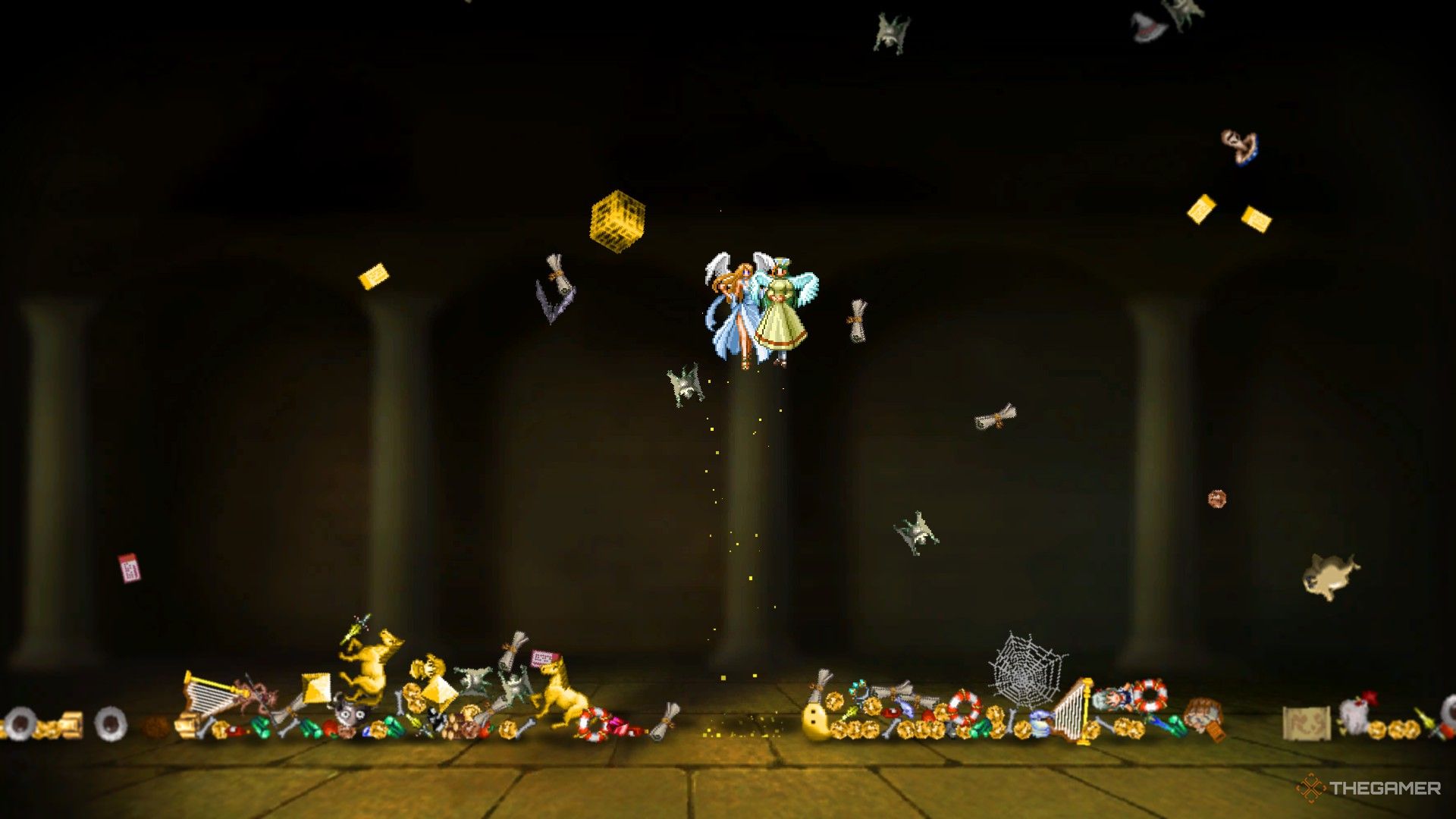
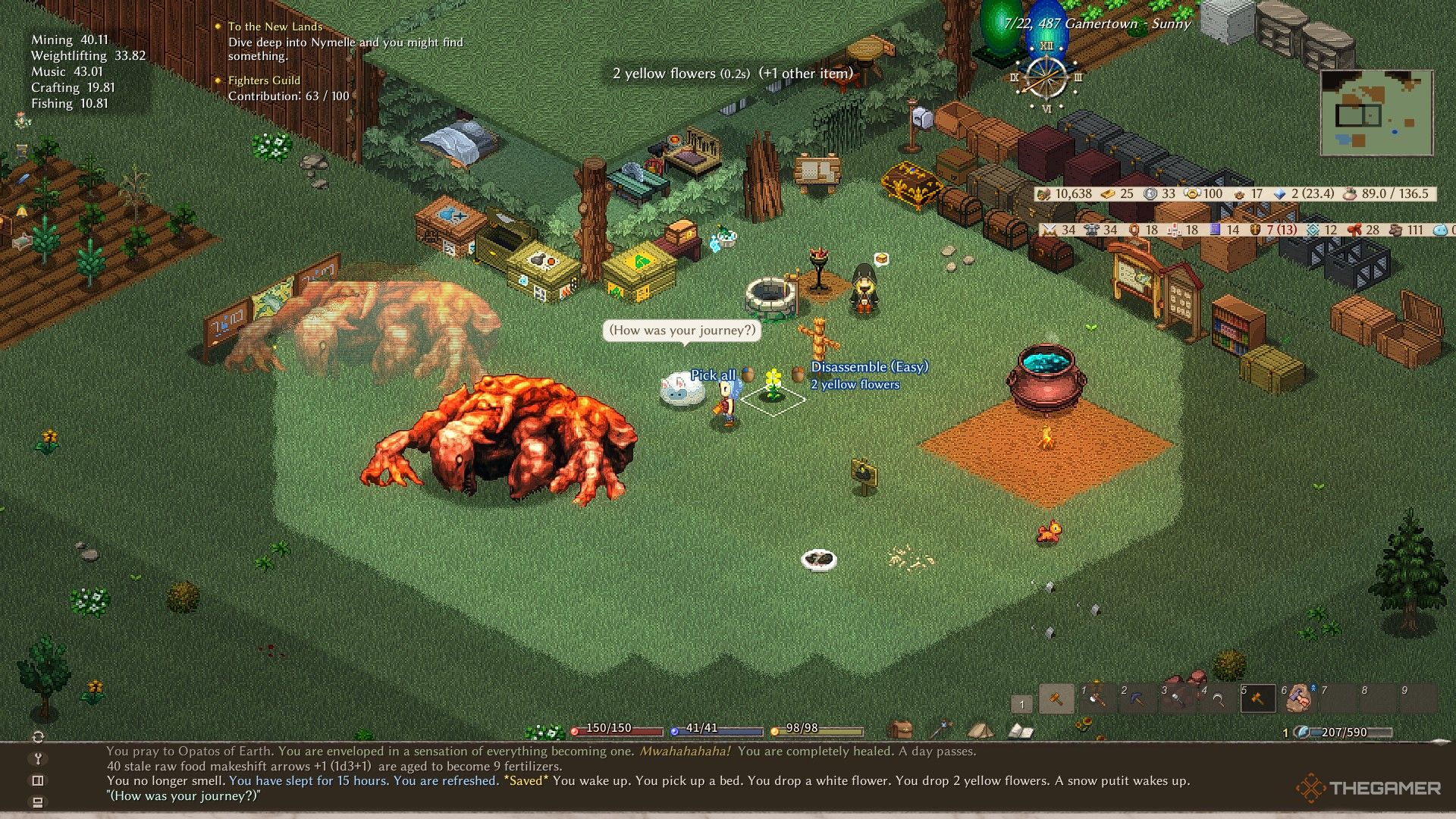
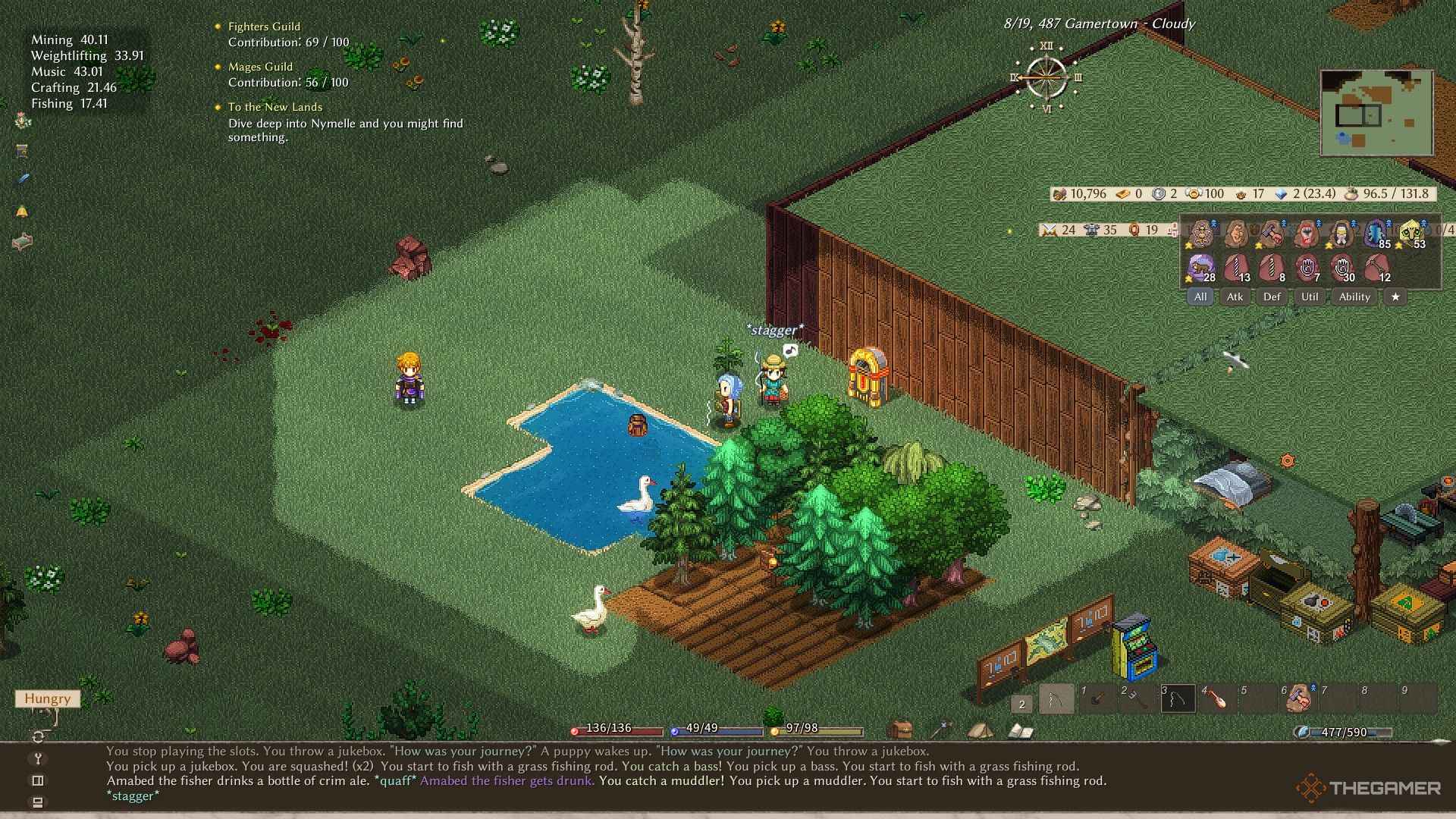
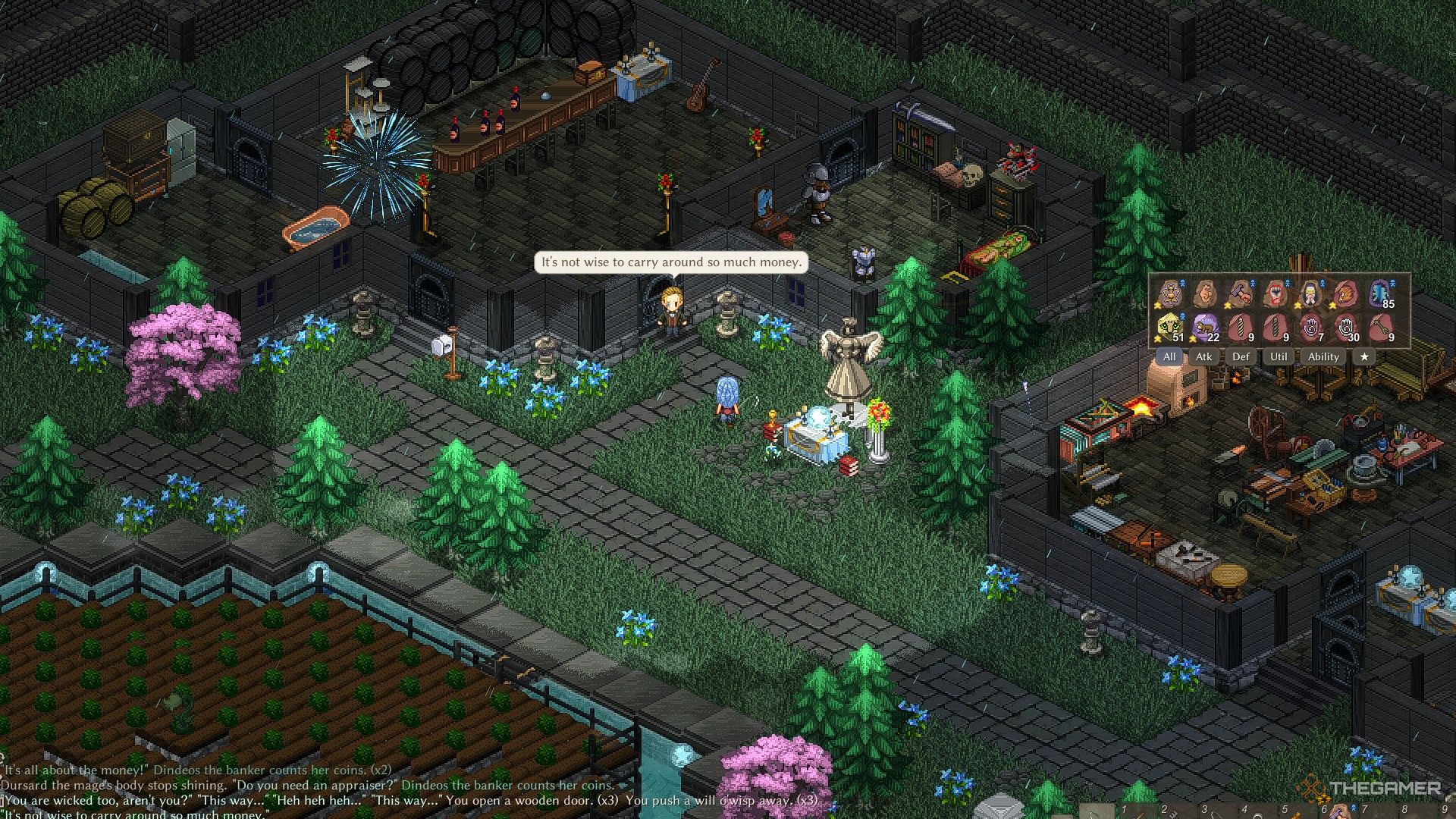
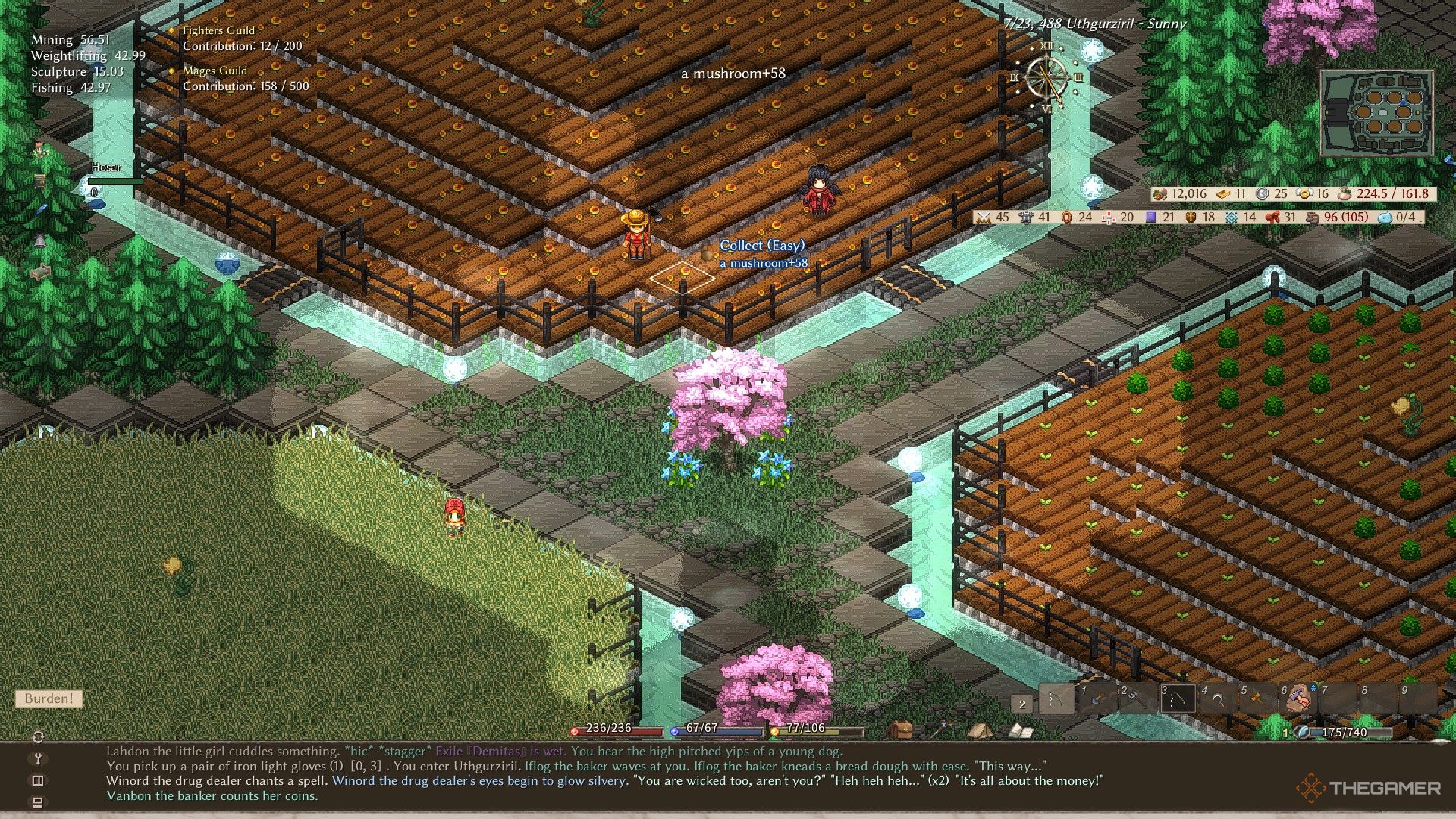
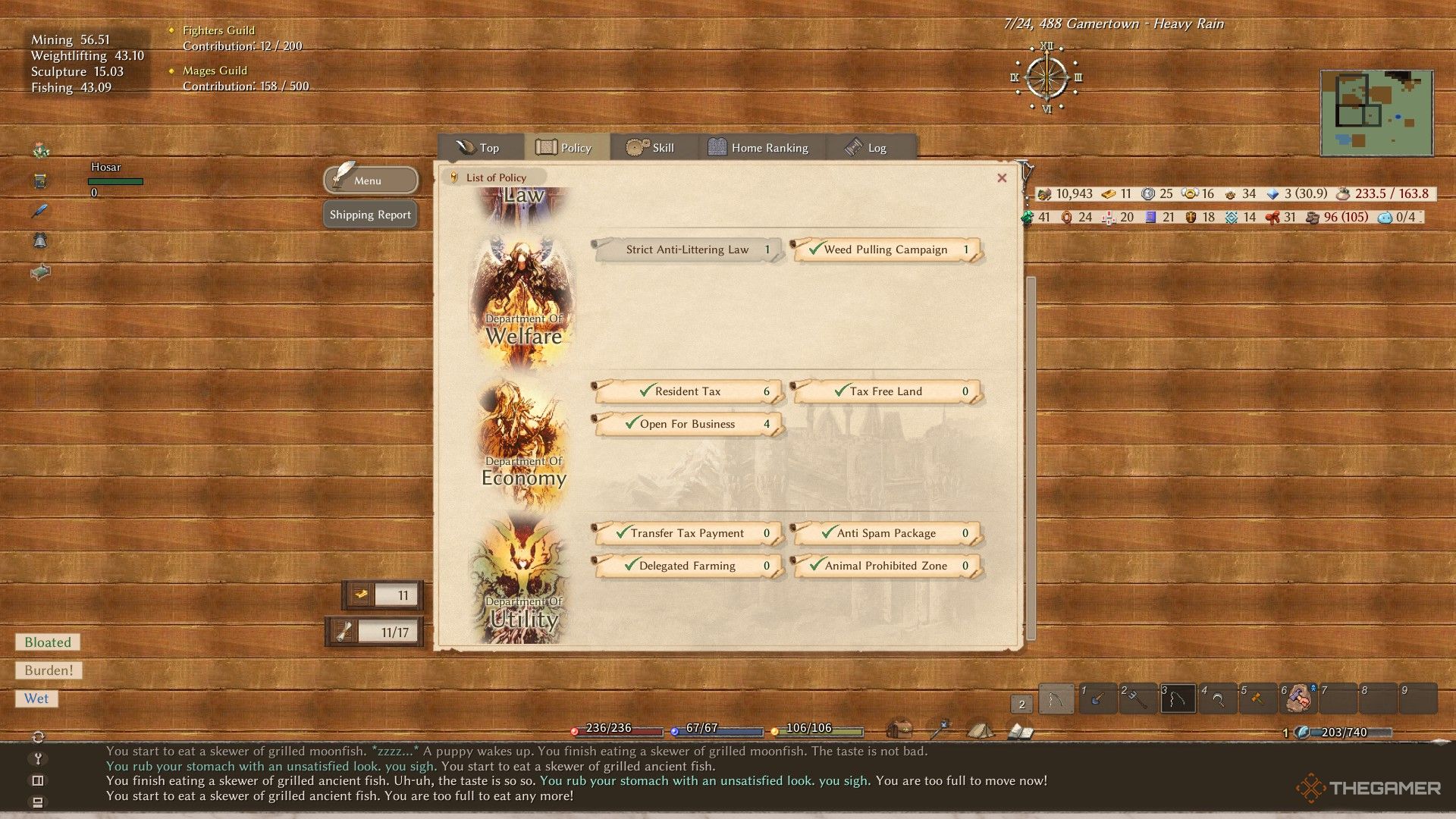
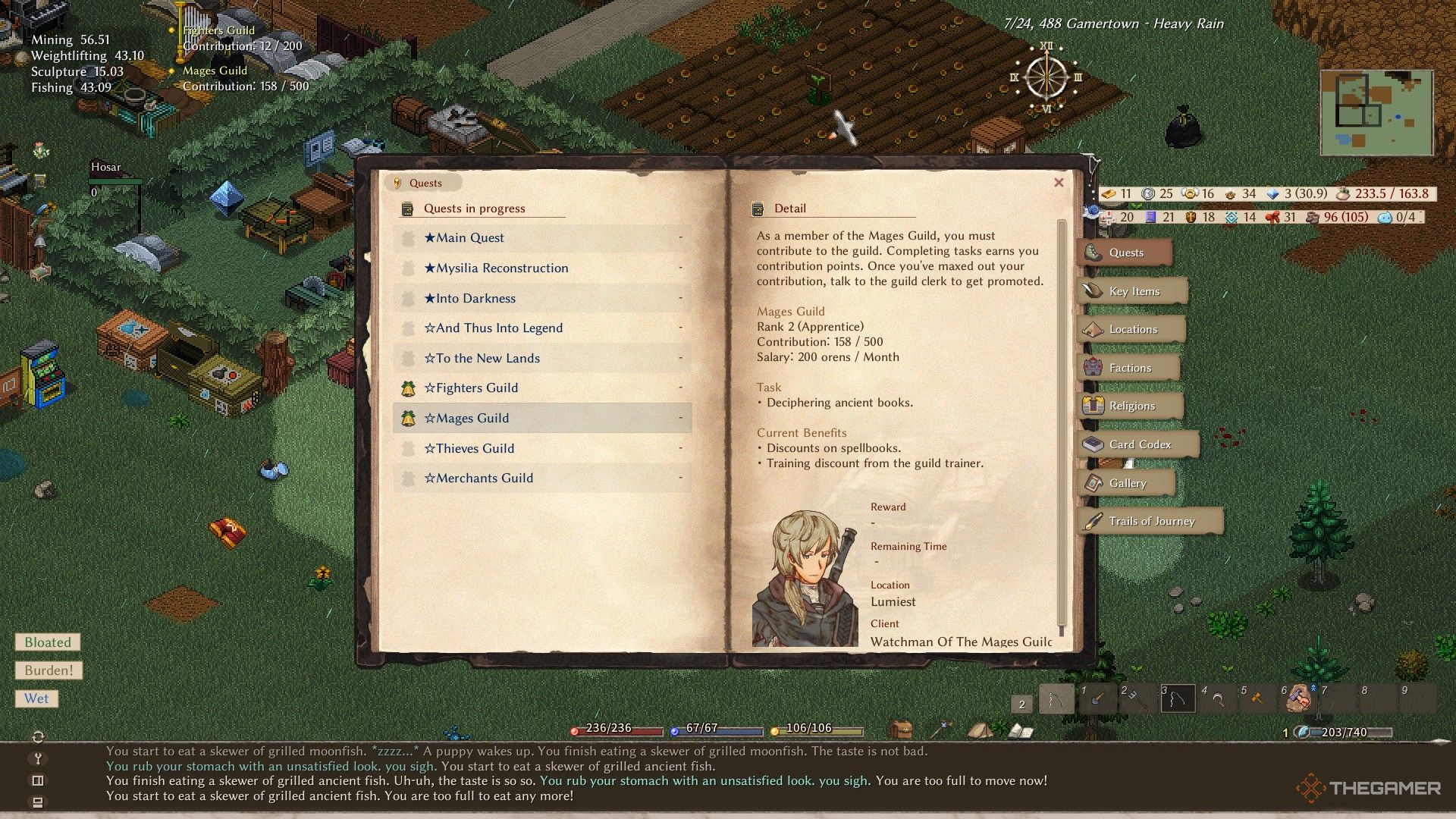
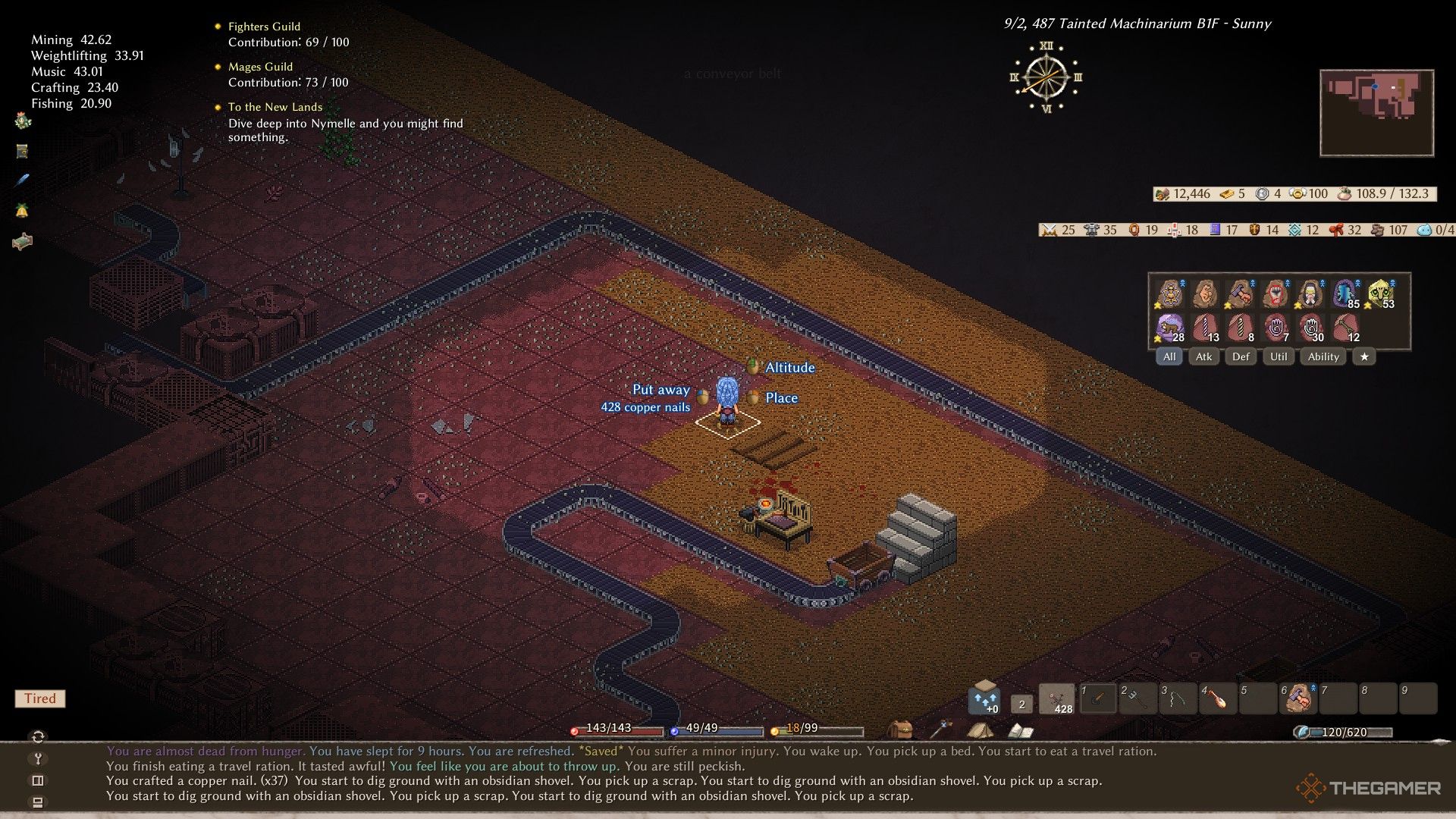
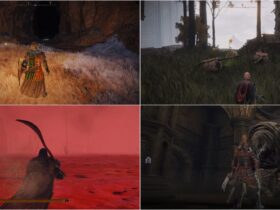


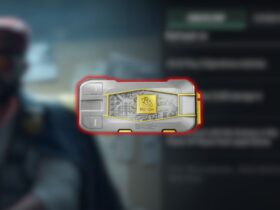
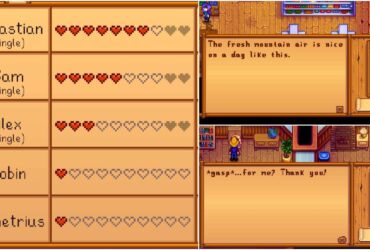



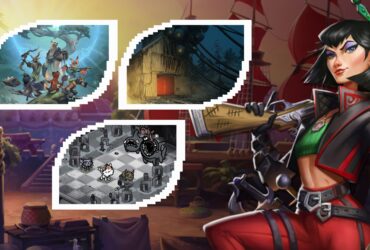
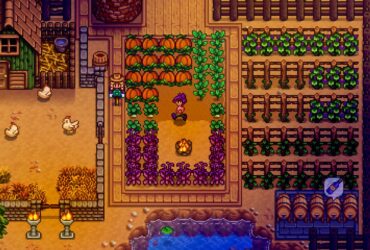
Leave a Reply